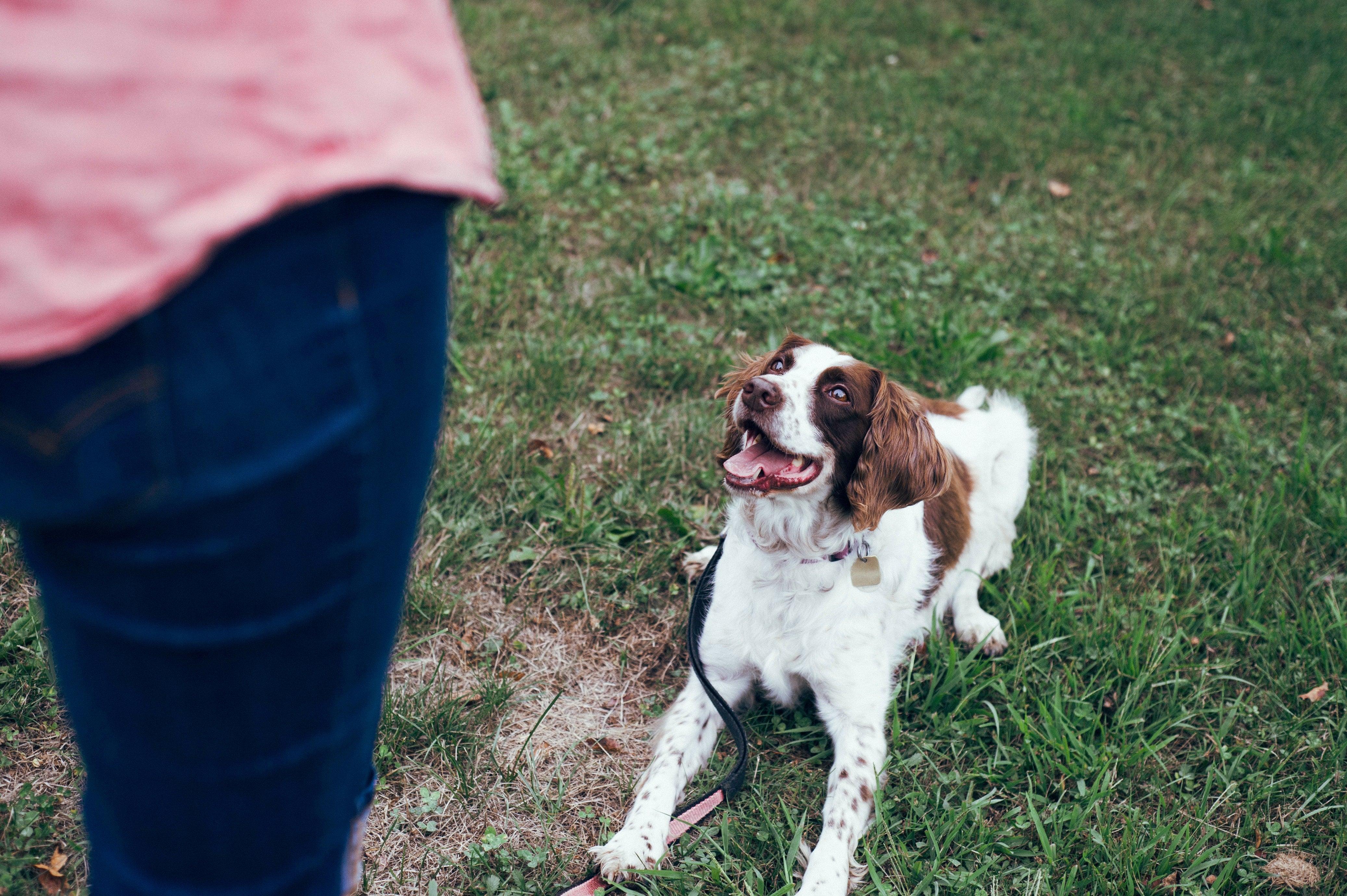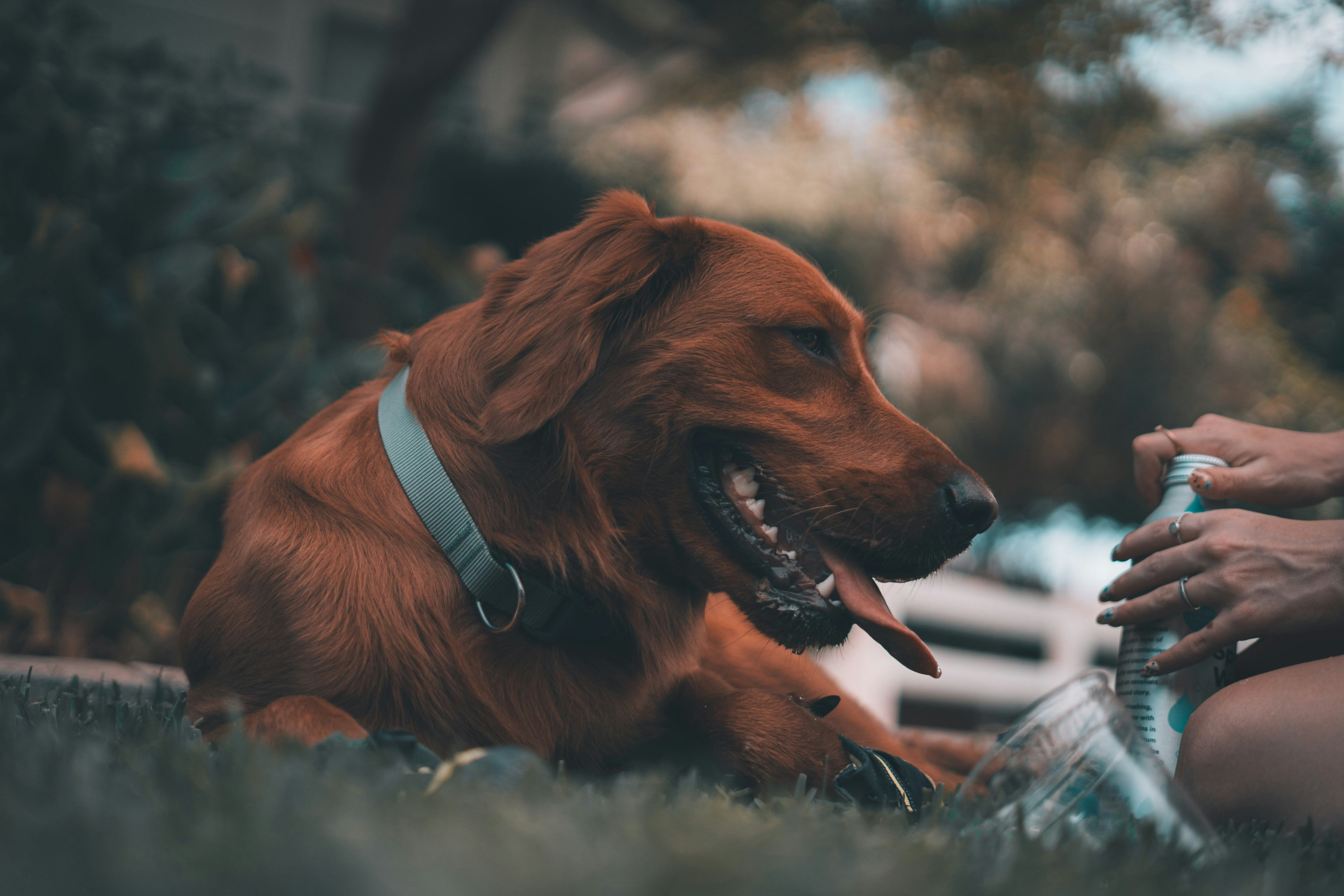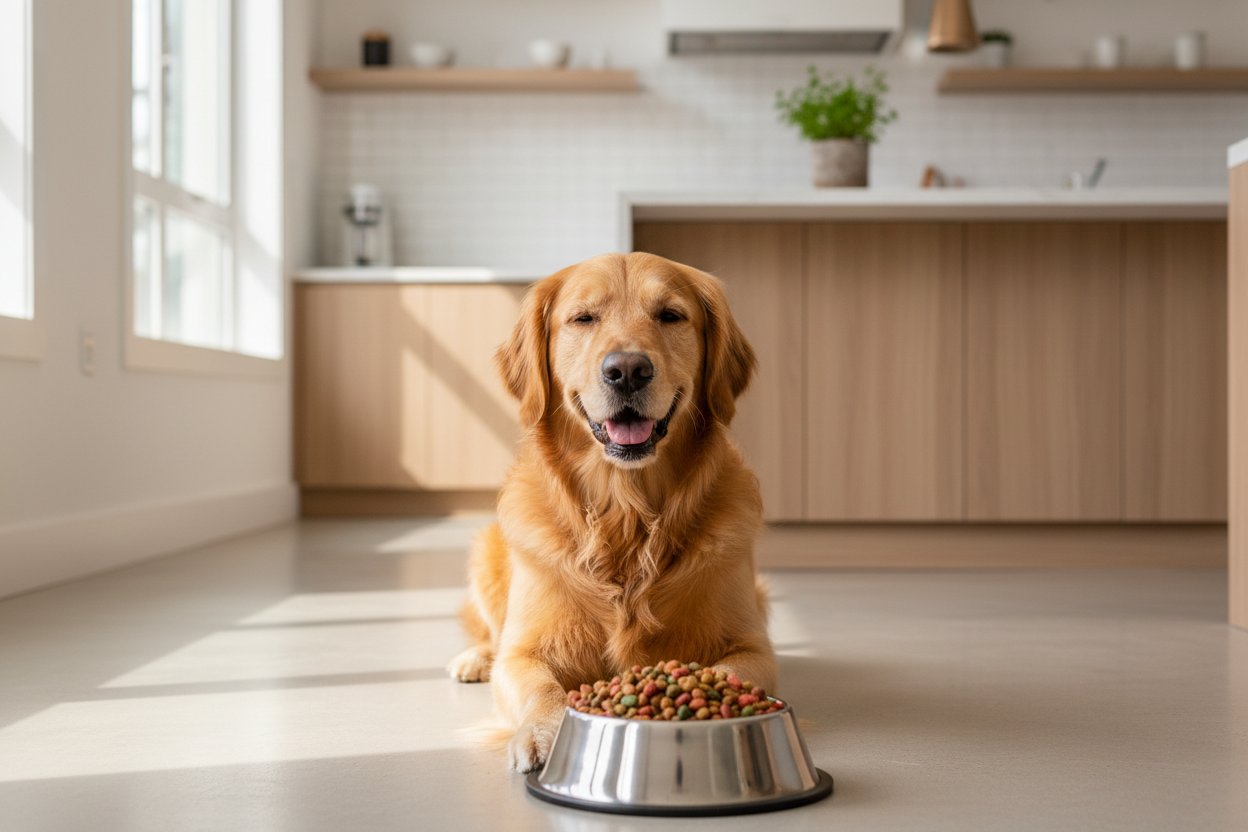Want to improve your dog's behaviour? Read on to learn about 12 tips you can change to help your furry friend become a well-behaved and happy companion.
Introduction:
Dogs are man's best friend, but sometimes their behaviour can be frustrating and even dangerous. Whether you're dealing with a new puppy or an older dog with bad habits, it's important to remember that training is a lifelong process. By changing some of your own habits and working with your dog, you can make a big difference in their behaviour. In this article, we'll explore 12 tips to change when it comes to dog behaviour training.
Tip 1: Be Consistent
Consistency is key when it comes to dog behaviour training. Make sure you're always using the same commands and following the same routine. This helps your dog understand what is expected of them.
Tip 2: Set Clear Rules and Boundaries
Dogs thrive on structure and routine. Make sure you set clear rules and boundaries for your dog to follow. This includes things like where they're allowed to go in the house, what they're allowed to chew on, and how they should behave when visitors come over.
Tip 3: Use Positive Reinforcement
Positive reinforcement is the most effective way to train your dog. Reward good behaviour with treats, praise, and affection. This helps your dog associate good behaviour with positive outcomes.
Tip 4: Don't Use Punishment
Punishing your dog for bad behaviour can backfire and make the behaviour worse. Instead, focus on rewarding good behaviour and redirecting bad behaviour.
Tip 5: Be Patient
Training takes time and patience. Don't expect your dog to learn everything overnight. Be patient and consistent in your training.
Tip 6: Exercise Regularly
Exercise is important for a dog's physical and mental health. Make sure your dog is getting enough exercise every day. A tired dog is a well-behaved dog.
Tip 7: Socialize Your Dog
Socialization is important for a dog's behaviour. Make sure your dog is exposed to different people, animals, and environments from a young age. This helps them feel more comfortable and confident in new situations.
Tip 8: Use a Crate
A crate can be a useful tool for training and keeping your dog safe. Make sure your dog has a comfortable and safe crate to sleep in and use for training.
Tip 9: Provide Mental Stimulation
Dogs need mental stimulation as well as physical exercise. Provide your dog with toys and puzzles to keep their mind engaged and prevent destructive behaviour.
Tip 10: Don't Reinforce Bad behaviour
Reinforcing bad behaviour can make it worse. Make sure you're not unintentionally rewarding bad behaviour by giving your dog attention or treats when they're misbehaving.
Tip 11: Be Aware of Your Body Language
Dogs are very attuned to body language. Make sure your body language is consistent with the commands you're giving. This helps your dog understand what you want them to do.
Tip 12: Seek Professional Help if Needed
If you're struggling with your dog's behaviour, don't be afraid to seek professional help. A trainer or behaviourist can help you identify the root cause of the behaviour and work on a training plan to address it.
A: It's not always necessary to use a professional trainer, but it can be helpful, especially if you're struggling with a particular behaviour or if your dog has a history of aggression.
FAQs:
Q: What should I do if my dog is exhibiting aggressive behaviour?
A: If your dog is exhibiting aggressive behaviour, it's important to seek professional help. Aggression can be dangerous and should be addressed immediately.
Q: How long does it take to train a dog?
A: Training is a lifelong process. Some dogs may learn quickly, while others may take longer. It depends on the dog's breed, age, and temperament, as well as the consistency and patience of the owner.
Q: Can an old dog learn new tricks?
A: Yes, absolutely! Older dogs can still learn new behaviours and Tips, although it may take a little more time and patience.
Q: Is it necessary to use a professional trainer for dog behaviour training?
A: It's not always necessary to use a professional trainer, but it can be helpful, especially if you're struggling with a particular behaviour or if your dog has a history of aggression.
Conclusion:
By using these 12 tips, you can make a big difference in your dog's behaviour. Remember to be consistent, patient, and use positive reinforcement. And if you're struggling with a particular behaviour, don't hesitate to seek professional help. With a little effort and dedication, you and your furry friend can enjoy a happy and well-behaved life together.






Share:
The Ultimate Guide to Health and Nutrition for Cats and Dogs
Bulk Buying Pet Food: Is It Worth It?